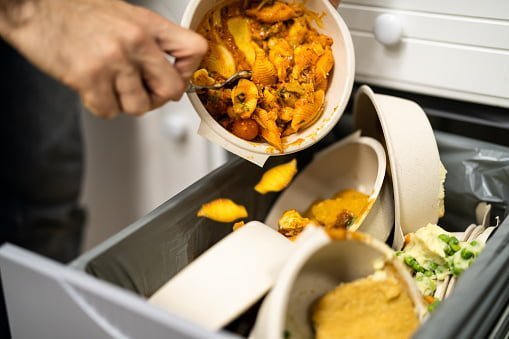Liverpool, a city in the UK, is witnessing a wave of emerging technology startups that are deploying innovative solutions to combat the pressing issue of food waste. These pioneering companies are leveraging cutting-edge technology to minimize waste and enhance the sustainability of the food supply chain.
One of the leading players in this space is Foodinate, which has teamed up with local restaurants and food outlets to divert surplus food to people in need. By collaborating with local charities, Foodinate ensures that the food that would have otherwise gone to waste is instead distributed to those who need it the most.
Another startup, Too Good To Go, has also made a significant impact in reducing food waste. It offers consumers the opportunity to purchase surplus food from restaurants and stores at discounted rates, thereby providing affordable meals to those who might not have access to them otherwise. The app has gained immense popularity in Liverpool and other cities in the UK.
In addition to these, Winnow is another startup in this space that is leveraging artificial intelligence-powered smart scales to help chefs and kitchen staff track and reduce food waste. Similarly, Olio, a community-driven app, connects locals and nearby shops to share surplus food, contributing to a more sustainable and eco-friendly city.
Collectively, these startups’ efforts are making Liverpool a more sustainable and eco-friendly city while simultaneously addressing issues such as food poverty and inequality. By harnessing the potential of modern technology and forming partnerships with local businesses and charities, these companies are devising innovative ways to tackle one of the most pressing societal issues of our time.
Liverpool’s technology startups are leading the charge against food waste by deploying ingenious solutions that minimize waste and improve sustainability. Their collaborative efforts are making a substantial difference in the community, resolving problems of food poverty and inequality and contributing to a more sustainable future.
Sam Allcock is the CEO of PR FIRE – PR & Content Marketing Platform
Talks about #pr, #blogs, #marketing, #socialmedia, and #pressrelease
Writes for The Dial in his own time.








